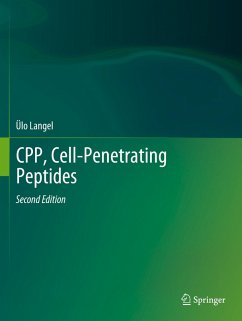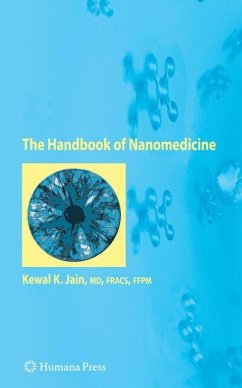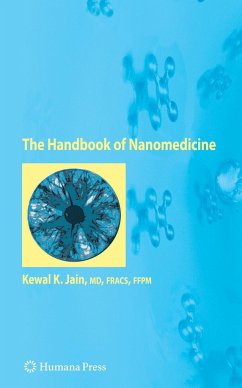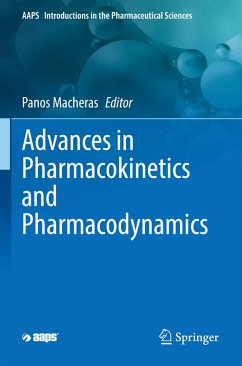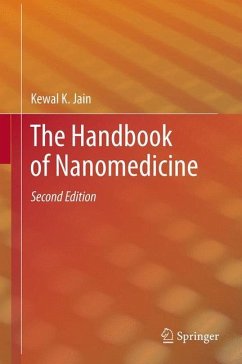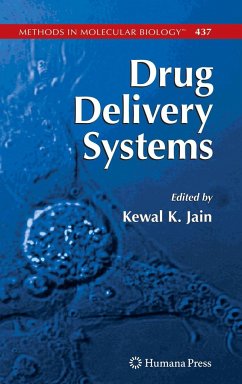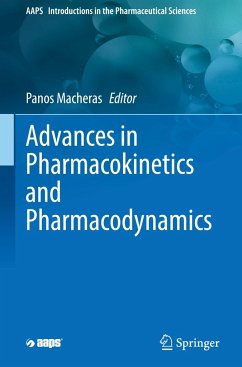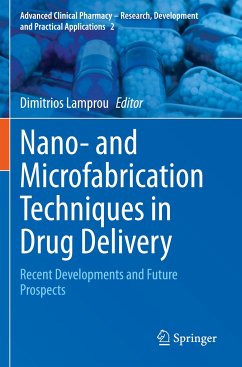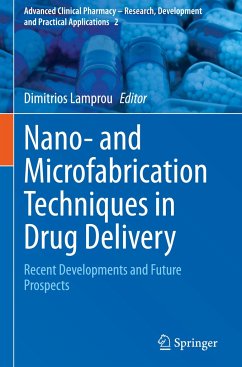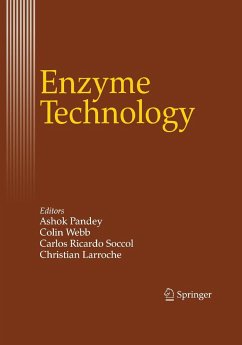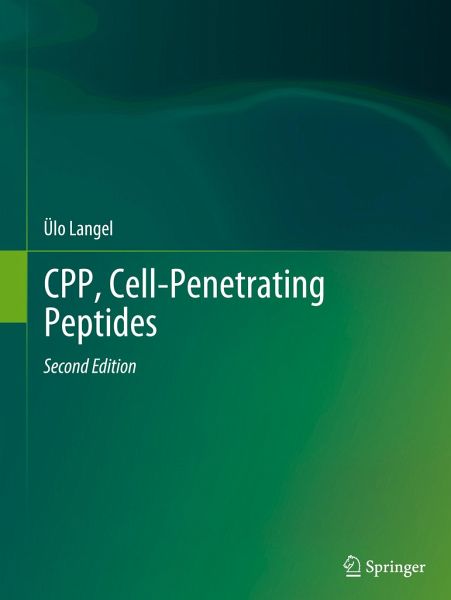
CPP, Cell-Penetrating Peptides
Versandkostenfrei!
Versandfertig in 6-10 Tagen
121,99 €
inkl. MwSt.
Weitere Ausgaben:

PAYBACK Punkte
61 °P sammeln!
In this book, a summary and update of the most important areas of cell-penetrating peptides (CPP) research are presented, while raising relevant questions for further development. The CPP sequences are presented and discussed throughout the book. The methods for testing CPP mechanisms are discussed in detail. Various approaches for the testing of endocytotic pathways of CPP uptake are also described. Different CPP uptake experiments are compared since it is becoming clear that it is often best to apply several methods in a complementary manner in order to most comprehensively evaluate CPP upta...
In this book, a summary and update of the most important areas of cell-penetrating peptides (CPP) research are presented, while raising relevant questions for further development. The CPP sequences are presented and discussed throughout the book. The methods for testing CPP mechanisms are discussed in detail. Various approaches for the testing of endocytotic pathways of CPP uptake are also described. Different CPP uptake experiments are compared since it is becoming clear that it is often best to apply several methods in a complementary manner in order to most comprehensively evaluate CPP uptake mechanisms due to the complexity of these processes. A brief summary of functionality issues of CPPs, both in vitro and in vivo, is discussed. Therapeutic potential of CPPs and commercial developments are discussed.
The present, second edition of this book is the updated and expanded version of the first edition, published in 2019. The development of the field of cell-penetrating peptides in these five years has been obvious and exciting.
This second edition of the book has been partly reorganized and comprehensively expanded with the exciting research in 2019-2023. Around 2500 novel scientific articles have become available, most of them are reviewed in the second edition. Additional rapidly growing areas of high impact presented in this second edition are therapeutic developments (Chapter 16) and delivery of oligonucleotides and proteins/peptides (Chapters 5 and 6) including novel reports on genome editing with CPP assistance. Also, several additional examples are available now on clinical trials using CPPs (Chapter 15).
The book is written for researchers and students in the field.
The present, second edition of this book is the updated and expanded version of the first edition, published in 2019. The development of the field of cell-penetrating peptides in these five years has been obvious and exciting.
This second edition of the book has been partly reorganized and comprehensively expanded with the exciting research in 2019-2023. Around 2500 novel scientific articles have become available, most of them are reviewed in the second edition. Additional rapidly growing areas of high impact presented in this second edition are therapeutic developments (Chapter 16) and delivery of oligonucleotides and proteins/peptides (Chapters 5 and 6) including novel reports on genome editing with CPP assistance. Also, several additional examples are available now on clinical trials using CPPs (Chapter 15).
The book is written for researchers and students in the field.



